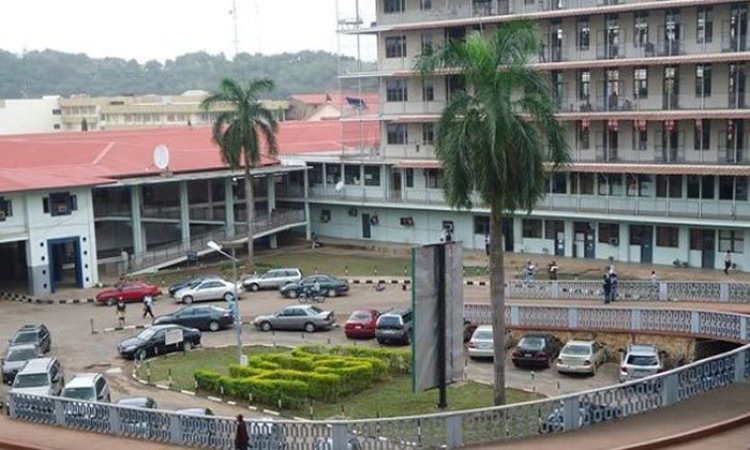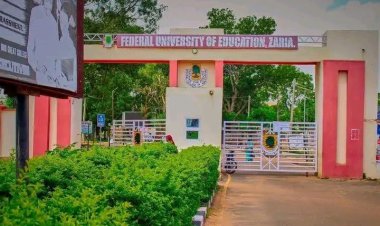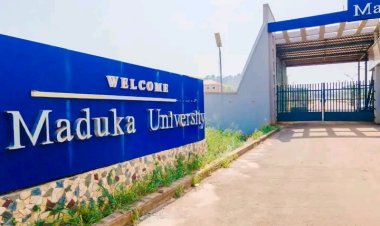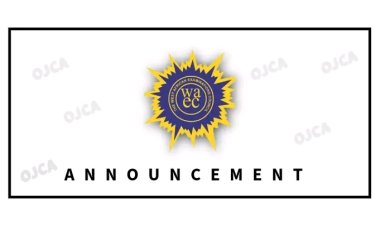University College Hospital Denies Owing IBEDC N495 Million
The University College Hospital (UCH) in Ibadan has refuted claims by the Ibadan Electricity Distribution Company (IBEDC) of owing N495 million in accumulated bills.

In response to claims made by the Ibadan Electricity Distribution Company (IBEDC) regarding an alleged outstanding debt of N495 million, the University College Hospital (UCH) in Ibadan has vehemently denied owing such a substantial amount. The hospital's Public Relations Officer, Mrs. Funmilayo Adetuyibi, clarified the institution's position in a statement released to the press on Wednesday.
RECOMMENDED: University of Ibadan Releases Approved Academic Calendar for 2023/2024 Session
According to Adetuyibi, the hospital's current administration, under the leadership of Prof. Jesse Otegbayo, assumed office on March 1, 2019, inheriting a debt of approximately N27 million as of February 27, 2019. She emphasized that since assuming office, the UCH management has diligently ensured the monthly payment of bills brought by IBEDC, while also addressing backlog bills inherited from previous administrations.
Adetuyibi stated that the hospital management has actively engaged with IBEDC on multiple occasions to resolve the issue, presenting a payment plan to settle the outstanding debt. However, she noted that IBEDC rejected the proposed payment plan and instead demanded an initial payment of N250 million within three months.
Despite the challenges posed by the outstanding bills, Adetuyibi emphasized that the hospital remains committed to providing uninterrupted medical care to its patients. She refuted claims of excessive expenditure on diesel, clarifying that the hospital spends approximately N15 million to N17 million on diesel per month, not the purported N160 million.
SEE MORE: Covenant University Commences Omega Semester with Emphasis on Academic Excellence
Regarding power supply, Adetuyibi revealed that UCH has never received 24-hour power supply from IBEDC, further underscoring the hospital's reliance on generators to sustain operations during power outages. She also highlighted efforts by the hospital's management to introduce solar inverters in various departments to mitigate power challenges.
In addressing the financial burden imposed by IBEDC, Adetuyibi appealed to stakeholders, including individuals, corporate organizations, and the international community, to support the hospital in overcoming its energy-related challenges. She emphasized that UCH plays a pivotal role in providing healthcare services and preserving the nation's heritage, urging collective efforts to sustain its operations.
In conclusion, Adetuyibi reiterated UCH's commitment to resolving the issue with IBEDC while prioritizing the welfare of patients and staff. She expressed optimism that through collaborative efforts, the hospital will overcome its current challenges and continue to serve the community effectively.

 Chris Oyeoku Okafor
Chris Oyeoku Okafor 



